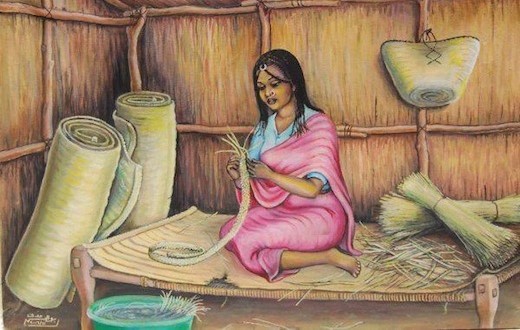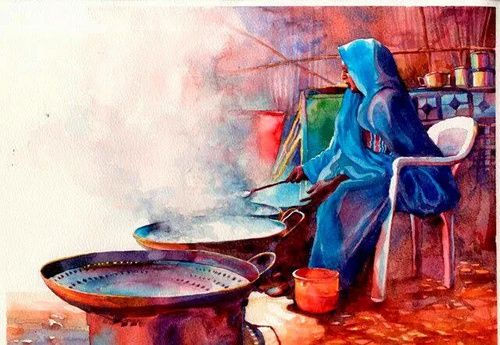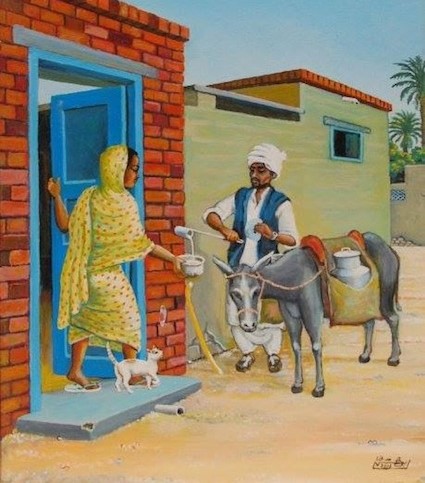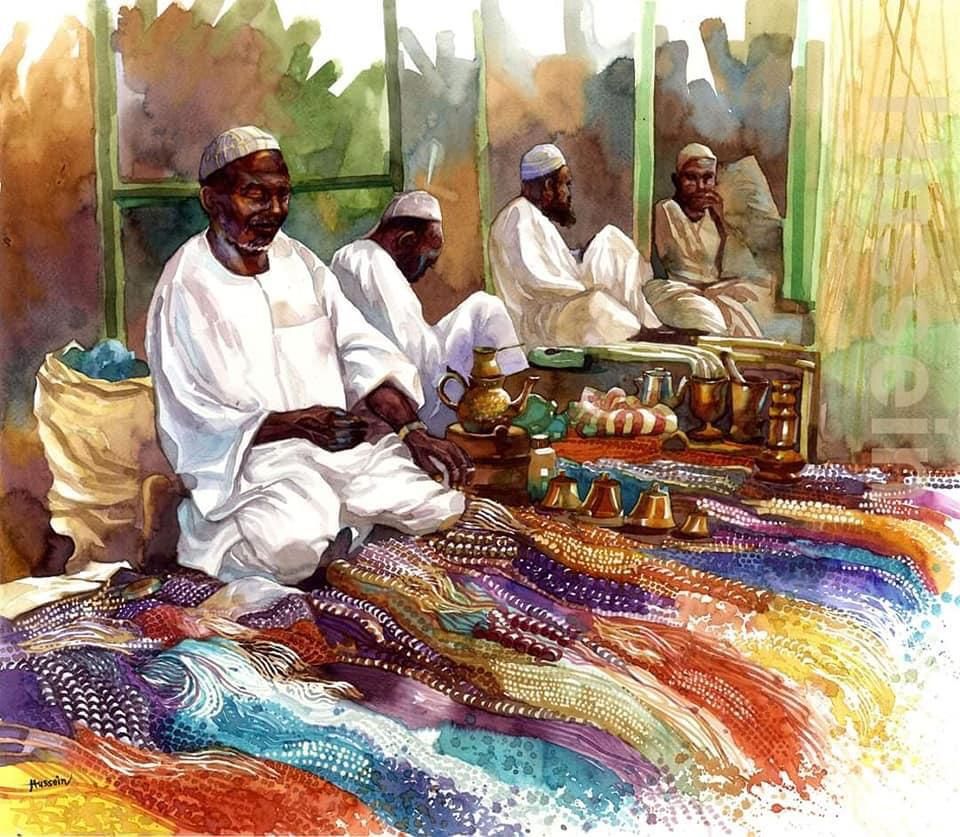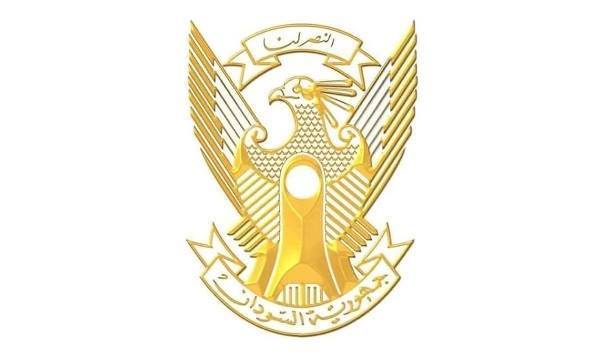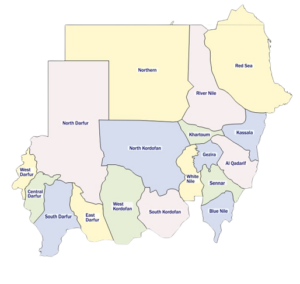Sudan had a special texture as it considered both an African and Arab country, with Arabic being the most widely spoken language, Over 97% of the population are Sunni Muslims with a small Christian minority.
Sudan population is growing with an increment rate of 2.42% per year, this rate adds over 1 million inhabitant to the total population every year, the main reason behind that is the high fertility rate as a result Sudan population is young, a significant percentage of the population is under 15 years old which put an additional strains on social services, especially education and health.
In Sudan there are 600 different ethnic groups who speak more than 400 languages and dialects, the official and most common language is Arabic. Sudan is a diverse ethnically mixed country and despite the common language and religion, the people are highly differentiated in their means of livelihood and comprises city dwellers, village farmers, and pastoral nomads. The tribal system has largely disintegrated in urban areas and settled villages, however, and retains its strength only among the nomads of the plains who raise cattle, sheep, and camels.
Education is very important in the Sudanese community. Those who have earned high degrees are respected for their knowledge, regardless of which ethnic group they belong to. Most Sudanese are educated, and those who are not are making efforts to go to school.
Family relationships are highly valued in Sudanese culture. The family unit includes: mother, father, wife, children, brothers, sisters, grandparents, nephews, nieces, cousins, in-laws, and godparents. By tradition, the father is the head of the household and the official leader. He is responsible for all financial aspects of family life. Customarily, the father makes all decisions regarding the family and may consult his brothers and brothers-in-law or other male family members. Families support one another financially and socially. Traditionally, families take care of their sick, old, and mentally ill members.
Respect is a very important value in the society. Elders receive the highest respect and are considered a source of cultural knowledge, experience, and wisdom. To show respect, all older people are called either uncle, aunt, grandpa, or grandma regardless of their actual relationship with a person. Teachers are also respected and traditionally have the right to discipline children at all times in all places. Religious leaders are well respected and can sometimes be consulted in personal matters. The word “Sheikh” has to precede their name or they can be called “Mawalana” instead. The prayer leader in the mosque is called “Imam”. It is considered disrespectful to call these people bytheir names only.
